About the Conference
The Munich Embedded 2025 (ME25) brings together leading experts and developers from the embedded industry to discuss the most pressing challenges in the field:
- How can we ensure the quality and security of embedded systems?
- Which tools and methods best support our work?
- What will the embedded development of the future look like?
In focused presentations and short lightning talks experts share their experiences on testing strategies, security concepts and development tools. Munich Embedded creates the ideal framework for intensive exchange: With around 50 participants discussions remain concrete and practical.
Network with other embedded developers from the region and gain valuable insights for your daily work!
Key Details
- Date: October 28, 2025, 4 PM – 9 PM
- Location: Smartvillage Munich-Bogenhausen, Rosenkavalierplatz 13, 81925 München (Directions, external link)
- Participants: 70–80 people
- Target audience: Embedded developers and executives
Focus
- Security and Reliability
- Testing Strategies
- Development Tools and Frameworks
Schedule (preliminary)
| Time | What |
|---|---|
| 4:15 PM - 4:45 PM | Arrival and Refreshments |
| 4:45 PM - 5:00 PM | Start, Welcome |
| 5:00 PM - 5:15 PM | Reproducibility in Open Source Firmware |
| 5:15 PM - 5:45 PM | How You Boot Matters |
| 5:45 PM - 6:00 PM | Break |
| 6:00 PM - 6:15 PM | Understanding the CRA and its impact |
| 6:15 PM - 6:45 PM | A Guiding Light through Rust's (Open-Source) Tooling Landscape for Safety-Critical Projects |
| 6:45 PM - 7:00 PM | Testing Construction Robots: Building Confidence Before Breaking Ground |
| 7:00 PM - 9:00 PM | Networking, Dinner |
| 9:00 PM | End |
Note: Presentations will be recorded with the consent of the speakers and published afterwards (screen content/slides and audio only).
Talks
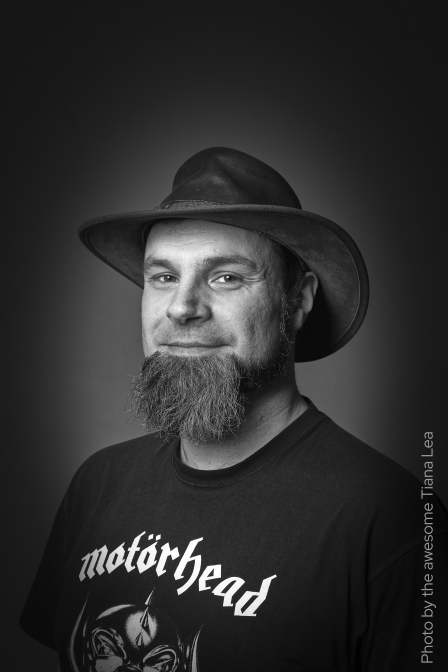
Reproducibility in Open Source Firmware
Lightning Talk (10 min)Josef Holzmayr (Northern.tech)
Josef has been active for more than 15 years as a "Complete"-Stack developer for industrial controls by now. He's done everything from debugging hardware to writing drivers, from application development to web front ends. A passion for showing, telling, and teaching people in both entertaining and engaging ways led Josef to Mender.io. Here, he tries to make the world better and more secure by enabling OTA updates for as many devices as possible. Josef has been awarded Ambassador status and is serving as Community Manager for the Yocto Project.
Abstract
Reproducible builds are becoming essential for firmware security as supply chain attacks target embedded systems. This session demonstrates practical reproducible build implementations in the Yocto Project and Zephyr RTOS, showing how to achieve bit-for-bit identical firmware builds in production environments. The Yocto Project has achieved 100% reproducibility for OpenEmbedded-Core using SOURCE_DATE_EPOCH and deterministic build processes. Zephyr RTOS provides reproducible builds for MCU firmware, addressing unique challenges in resource-constrained environments. Both projects prove that deterministic firmware builds are achievable at scale.
We will look at CI/CD integration patterns, and how they might complement or contradict reproducibility. The presentation demonstrates some common errors that break reproducibility, including timestamp variations, non-deterministic file ordering, build path dependencies, and environment-specific configurations, providing practical solutions for each challenge.
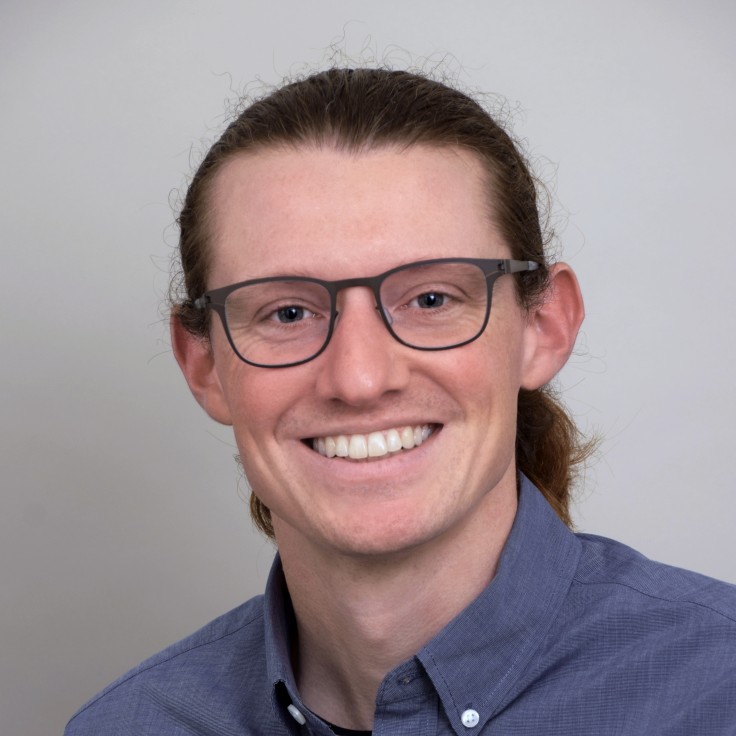
How You Boot Matters
Technical Talk (25 min)Philip Molloy (Analog Devices, LinuxBoot)
Philip has worked with many embedded devices over the last 15 years, from medical devices to satellites. His focus is on community projects like the Linux kernel, bootloaders and Linux distribution tools like Buildroot. He has been living in Munich since summer 2024.
Abstract
The fragmented bootloader ecosystem leads to fragmented hardware and OS support. Instead of improving bootloaders, features are hacked into the OS (e.g. UEFI compression) and user space (e.g. systemd-boot). Community-based open source bootloaders exist but lack widespread adoption. x86 is dominated by broken standards, while aarch64 requires specialized knowledge due to numerous chip manufacturers. No broad community project offers complete binary boot chains from ROM to OS.
This talk explores what such a community might look like, based on existing projects including mainstream Linux distribution tools and systemd, rather than specialized embedded tools. Moore's Law means embedded and consumer devices are converging. Embedded chip manufacturers face more competition and use older technology, making them less secretive. Combined with poor manufacturer software experience, this creates opportunity for new community development.
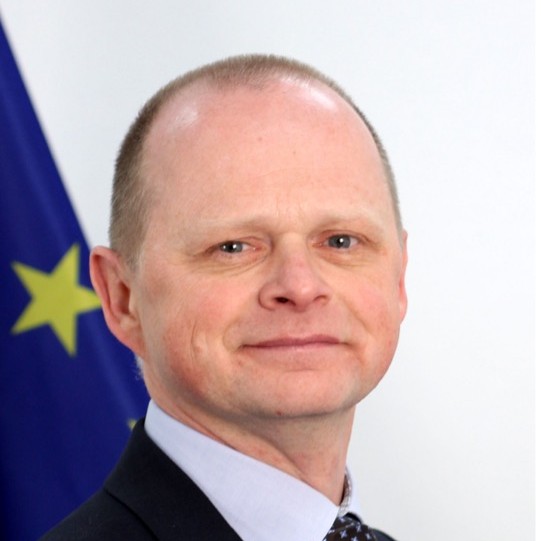
Understanding the CRA and its impact
Lightning Talk (10 min)Heinz-Peter Beckemeyer (Texas Instruments)
Heinz-Peter Beckemeyer is the director of Cybersecurity & Functional Safety Marketing at Texas Instruments (TI), previously serving as director of Automotive Systems and various leadership roles in analog marketing and product management.
With a career at TI spanning since 1994, he progressed from an application engineer to his current position, earning recognition as a TI Senior Member Technical Staff Emeritus. Beckemeyer holds a Dipl.-Ing. (FH) degree in EE Communications Engineering from the University of Applied Sciences in Osnabrueck, Germany.
Abstract
While establishing cybersecurity standards across the digital product ecosystem, the EU Cybersecurity Resilience Act (CRA) stands to significantly impact hardware and software manufacturers globally. Texas Instruments supports the CRA's fundamental goals of enhancing product security and protecting consumers from cyber threats.
Learn about TI's approach to CRA compliance, emphasizing how semiconductor manufacturers are adapting to these new requirements and collaborating with partners to ensure compliance. Gain valuable insights into the CRA's technical obligations, conformity assessment procedures and how companies can proactively strengthen the overall security of digital devices.
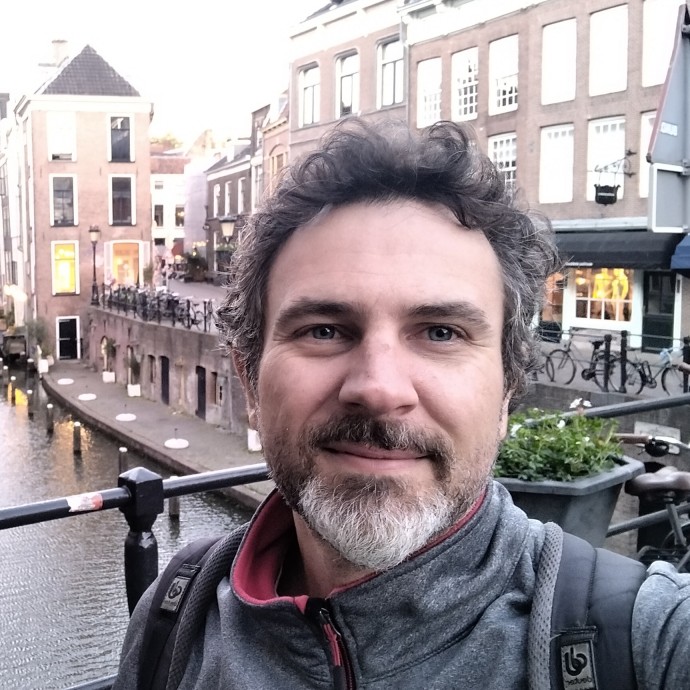
A Guiding Light through Rust's (Open-Source) Tooling Landscape for Safety-Critical Projects
Technical Talk (25 min)Tiago Manczak (Infineon)
Tiago holds a Master's degree in Electrical Engineering from the Federal University of Technology - Parana (UTFPR). Since 2017, he has been working at Infineon Technologies in the Connected Security Devices division as an embedded software engineer. In this role, he has been responsible for developing non-volatile memory drivers, as well as customer personalization and field update solutions for security controllers.
As a passionate advocate for the Rust programming language, Tiago has been instrumental in coordinating the rollout of tools and firmware stacks to bring Rust to productive projects. Additionally, he is the organizer of the Augsburg Rust Meetup, where he promotes the adoption of Rust in the industry.
Abstract
Rust is starting to gain more and more traction in safety-critical domains. Being a system language that offers memory safety and a well-designed type system makes Rust a feasible and highly valuable language for software projects that must fulfill the most stringent safety requirements. However, a great language alone is not enough for projects in such domains. The whole development process and tooling must adhere to strict standards, which are especially challenging to achieve for open-source software. High costs for standards and existing tooling leads to a high entry barrier that is hard to overcome as individual or small company.
This talk presents a template project for safety-critical Rust projects, to demonstrate the current state of (open-source) Rust tooling needed for safety-critical certifications. The template itself builds on permissively licensed open-source Rust tooling that may be used for activities such as compiling, requirements traceability, testing, and code coverage. Additionally, the template should help in the prioritization of tool development, by listing missing tool certifications and missing tooling for certain activities.
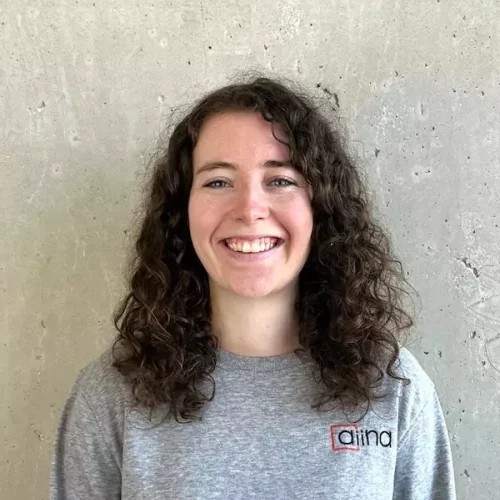
Testing Construction Robots: Building Confidence Before Breaking Ground
Lightning Talk (10 min)Nicola Kolb (Sitegeist)
Since May 2025, Nicola has been a research associate at the Cyber-Physical Systems Group of TUM (Prof. Dr. Althoff), working on automated construction robots. This project is being transferred into a spin-off company, Sitegeist, where she is one of the four co-founders.
From March 2021 to April 2025, she was a research associate at the Chair of Software and Systems Engineering of TUM (Prof. Dr. Pretschner), focusing on test-ending criteria and test case generation for automated and autonomous driving systems. Nicola spoke at several industry conferences and participates in DIN and ISO standardization committees for autonomous vehicle validation.
Before academia, she worked as an IT specialist in vehicle data collection at BMW Group for three years. She holds a master's degree in Robotics, Cognition, and Intelligence from TUM.
Abstract
Testing automated construction robots presents unique challenges due to the unstructured, dynamic nature of construction sites. This talk highlights our multi-level testing approach, combining simulation-based testing (SIL, MIL), hardware-in-the-loop (HIL) integration, and real-world testing on construction sites.
Our process begins with extensive simulation-based testing to explore system behavior under various conditions before deploying hardware. HIL testing then incorporates real components within the simulation loop, enabling early validation of hardware-software integration.
Our approach incorporates continuous feedback loops: insights from physical and HIL testing refine simulation models and testing strategies. This iterative process enables efficient, risk-aware development, gradually increasing system confidence while maintaining realistic conditions.
Our presentation shares practical insights into building testing frameworks for novel robotic systems from scratch and demonstrates how established techniques can be adapted to fundamentally different application domains.
Sponsors and Partners
Become a Sponsor!
As a sponsor of the Munich Embedded, you'll reach embedded developers and decision-makers from the region. We offer various sponsorship packages tailored to your needs.
Contact UsOrganizer
Systemscape GmbH
Bergmannstr. 12
80339 Munich
Contact details
www.systemscape.com



